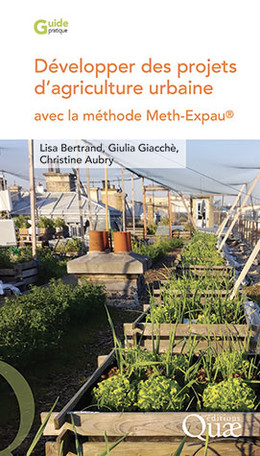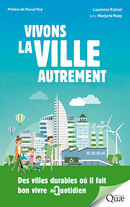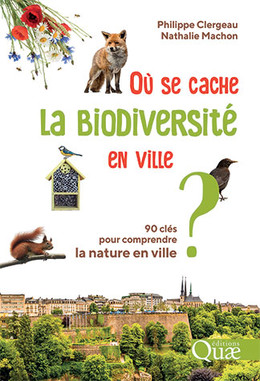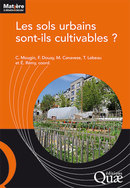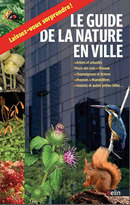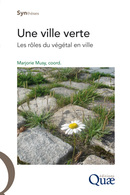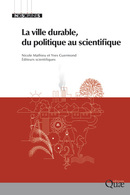La fabrique de la ville en transition
Publications dans la même collection
0,00 € (gratuit)
0,00 € (gratuit)
0,00 € (gratuit)
0,00 € (gratuit)
Dans la même thématique
0,00 € (gratuit)
0,00 € (gratuit)
0,00 € (gratuit)
Caractéristiques
Langue(s) : Français
Éditeur : Éditions Quae
Édition : 1re édition
Collection : Synthèses
Publication : 15 septembre 2022
EAN13 eBook [PDF] : 9782759235612
EAN13 eBook [ePub] : 9782759235629
DOI eBook [PDF] : 10.35690/978-2-7592-3561-2
Nombre de pages eBook [PDF] : 258
Nombre de pages eBook [ePub] : 258
Intérieur : Couleur
Référence eBook [PDF] : 02843NUM
Référence eBook [ePub] : 02843EPB
Taille(s) : 10,3 Mo (PDF), 5,52 Mo (ePub)






